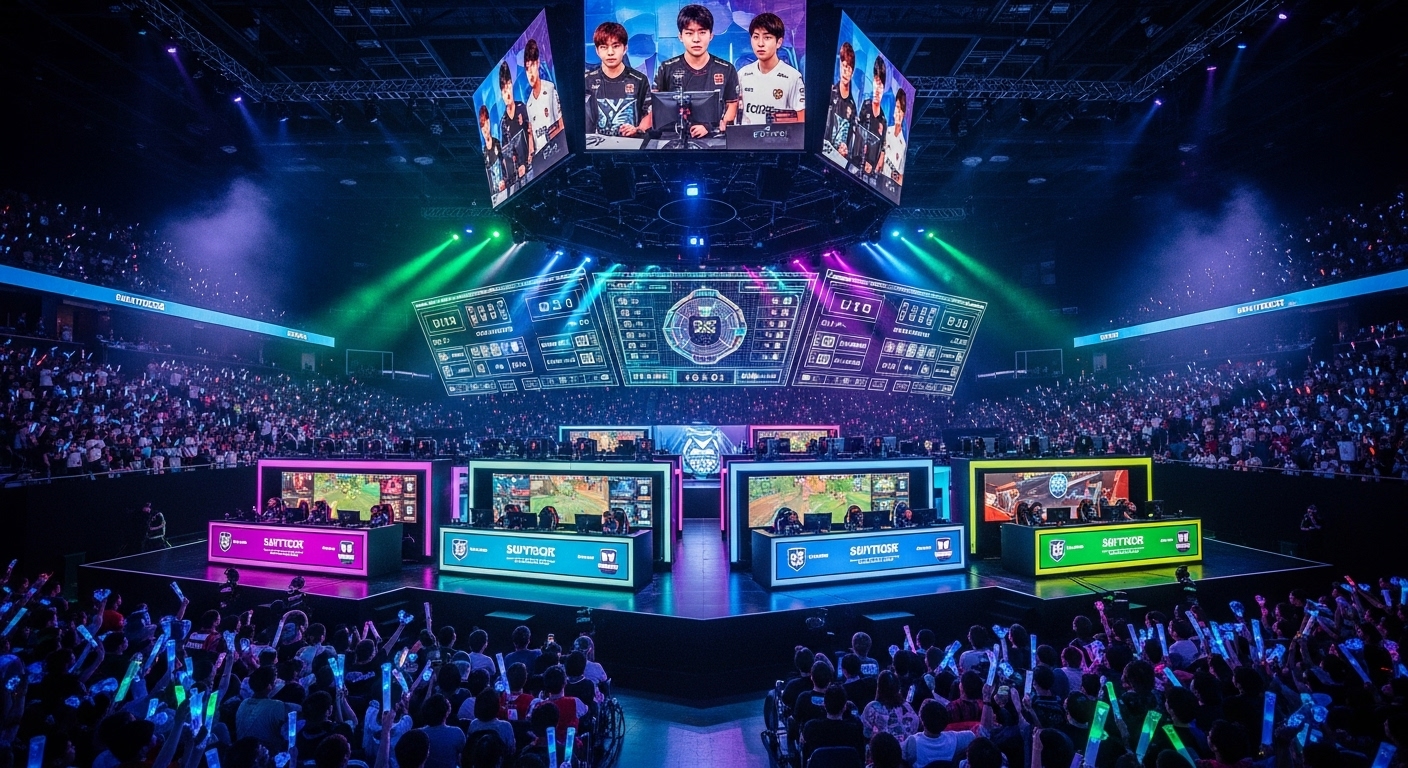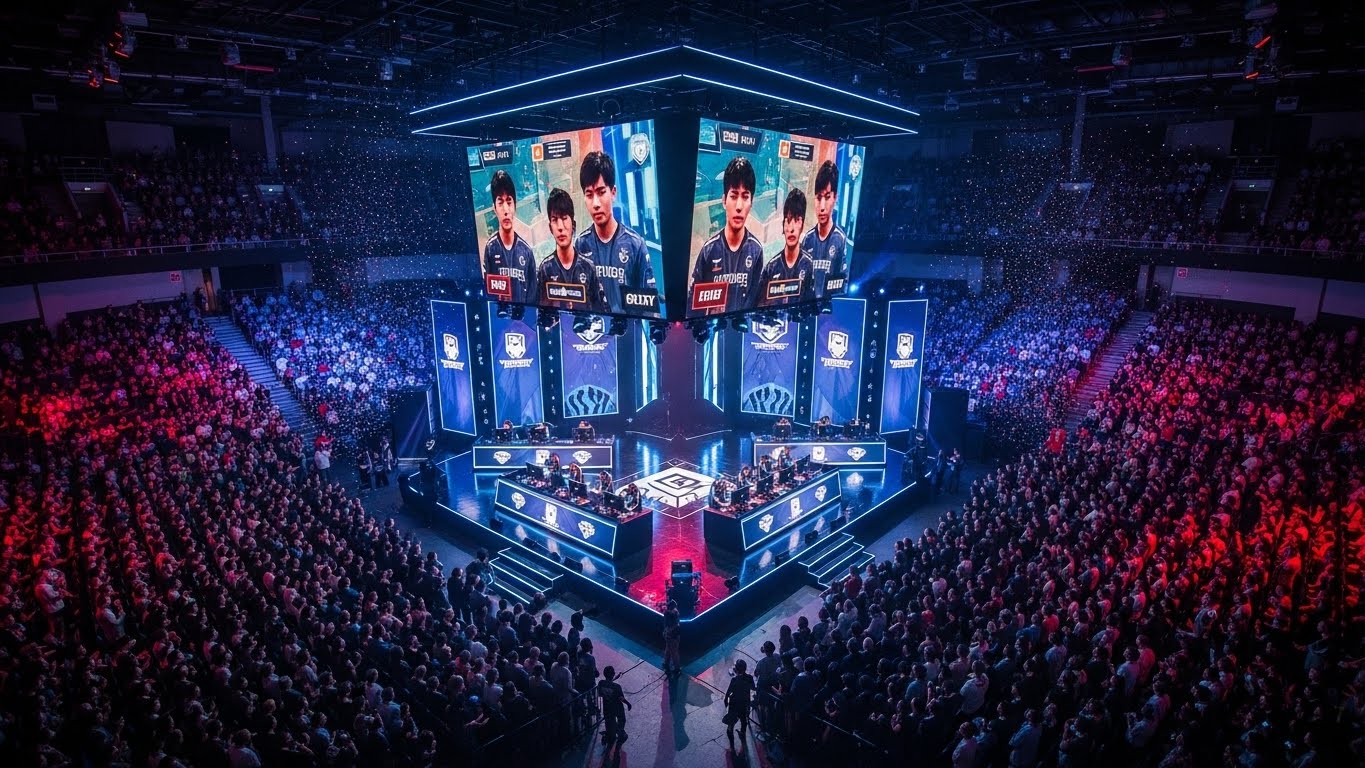Introduction to eSports
eSports, or competitive gaming, has evolved from a niche hobby into a worldwide phenomenon. It combines skill, strategy, teamwork, and entertainment in ways that traditional sports often mirror. From local tournaments to global championships, eSports attracts millions of viewers and participants, showcasing how gaming has transformed into a professional and highly organized industry.
The Evolution of Competitive Gaming
Competitive gaming began with small local competitions and arcade challenges. Over time, advancements in technology and internet connectivity allowed players from across the globe to compete online. Today, eSports features professional leagues, sponsorships, and prize pools reaching millions of dollars. The evolution reflects both the growing popularity of gaming and the increasing recognition of players as professional athletes.
Popular eSports Games and Genres
eSports encompasses a wide range of games and genres. Multiplayer online battle arenas, first-person shooters, real-time strategy games, and sports simulations dominate the competitive scene. Each game requires unique skills, from precise reflexes to strategic thinking and teamwork. This diversity ensures that players of different talents and preferences can find their niche within the eSports world.
The Role of Streaming and Online Platforms
Streaming platforms have been a key driver in eSports’ growth. Viewers can watch live tournaments, follow their favorite players, and engage with gaming communities in real-time. These platforms not only increase accessibility but also create new opportunities for content creators, sponsors, and advertisers. The interaction between players and fans has become a defining feature of eSports culture.
Career Opportunities in eSports
The rise of eSports has created a variety of professional opportunities beyond playing games. Players can pursue careers as professional competitors, coaches, analysts, and content creators. Additionally, industries surrounding eSports—such as event management, marketing, broadcasting, and game development—have expanded significantly, offering a range of career paths for individuals passionate about gaming.
The Future of eSports
The future of eSports is bright, with technology continuing to drive innovation. Virtual reality, augmented reality, and advanced AI are expected to enhance gameplay and spectator experiences. As more traditional sports organizations invest in eSports, the lines between digital and physical competitions may blur, further solidifying its place as a mainstream form of entertainment.
Conclusion
eSports has grown into a global cultural and economic force, transforming gaming into a professional and competitive pursuit. With continued technological advancements and increasing popularity, eSports is not just a form of entertainment—it is a dynamic ecosystem that offers opportunities for players, fans, and industries alike. The rise of eSports proves that gaming can be much more than a pastime; it is now a celebrated arena where skill, strategy, and community come together on a global stage.



